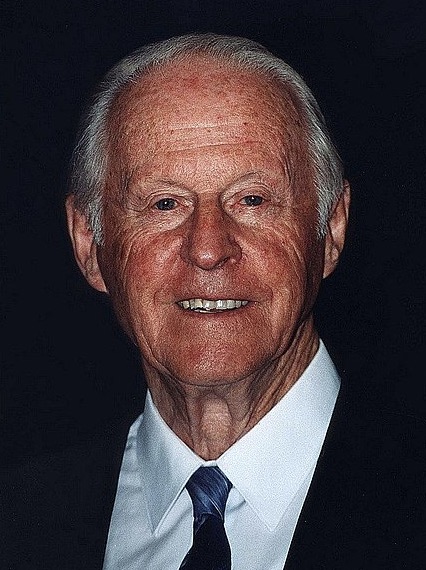
Thor Heyerdahl was born on October 6, 1914, in Larvik, Norway, When he was a young child, his mother’s interest in Darwin’s theory of evolution inspired him to explore zoology, and create a small museum featuring various animal species, including the common adder. He studied geography and zoology at the University of Oslo and later earned a Ph.D. in ethnology that ignited his interest in indigenous cultures and seafaring traditions.
On April 28, 1947, Heyerdahl and a small crew of five embarked on a journey across the Pacific Ocean on a balsa wood raft named Kon-Tiki that was constructed to resemble the Inca rafts seen in old drawings. They set sail from Peru to the Tuamotu Islands in French Polynesia to show that Polynesians may have originated in South America. After a journey of 101 days and 4300 nautical miles, the Kon-Tiki smashed into the the reef at Raroia in Tuamotus. Heyerdahl said later that there were times in each of his raft voyages when he feared for his life. In demonstrating that the ancient South Americans could have reached Polynesia by raft, the Kon-Tiki expedition brought Heyerdahl international recognition and challenged the prevailing theories about the origins of Polynesian civilization.
Heyerdahl’s interest in the South Pacific continued with the publication of his book “Aku-Aku” in 1958. In this book, he recounted his archaeological and anthropological research on Easter Island and the Moai statues. His theories about how these massive stone statues were transported and erected contributed to an understanding of the island’s history.
In the late 1960s, Thor Heyerdahl conducted two expeditions, known as Ra and Ra II, to demonstrate that the ancient Egyptians could have crossed the Atlantic Ocean using reed boats. The first Ra expedition failed on account of the raft’s disintegration, but the second expedition succeeded in reaching the Caribbean from Egypt. Heyerdahl led or participated in numerous other expeditions to study ancient seafaring and migration, including trips to the Galapagos Islands, the Maldives, and Tigris. His work contributed to the understanding of ancient navigation techniques and cultural diffusion. Thor Heyerdahl authored several books, including “The Kon-Tiki Expedition,” “Aku-Aku,” and “The Ra Expeditions.” His writings not only documented his adventures, but also presented his theories about early human migration and the diffusion of cultures.
In 2002, he was diagnosed with a brain tumour. A self-proclaimed atheist, Thor Heyerdahl decided to prepare for death by refusing to eat or take medication. He died in Liguria, Italy on April 18, 2002 at the age of 87. On April 26, 2002, a state funeral was organized in Heyerdahl’s honor by the Norwegian government. Throughout his life, he had received numerous awards and honors for his contributions to science and exploration, including the Royal Geographical Society’s Gold Medal and the Hubbard Medal from the National Geographic Society.
His adventurous spirit and unconventional theories made Thor Heyerdahl a prominent figure in the world of exploration and anthropology. While some of his ideas have been subject to debate and criticism within the scientific community, his expeditions and writings continue to inspire curiosity about the mysteries of the past and the potential for ancient seafaring civilizations.
Thor Heyerdahl once mused: I have never been able to grasp the meaning of time. I don’t believe it exists. I’ve felt this again and again, when alone and out in nature. On such occasions, time does not exist. Nor does the future exist.
